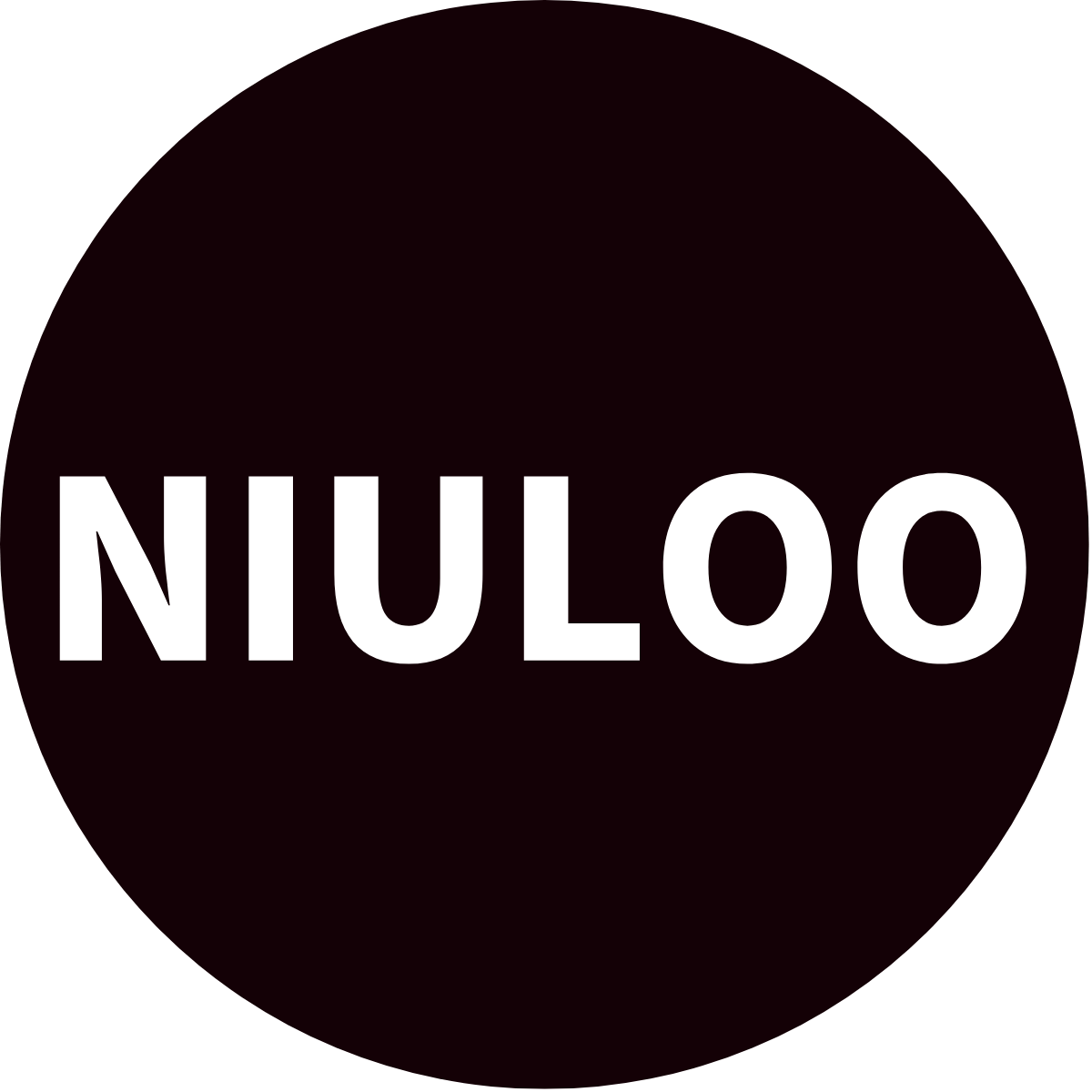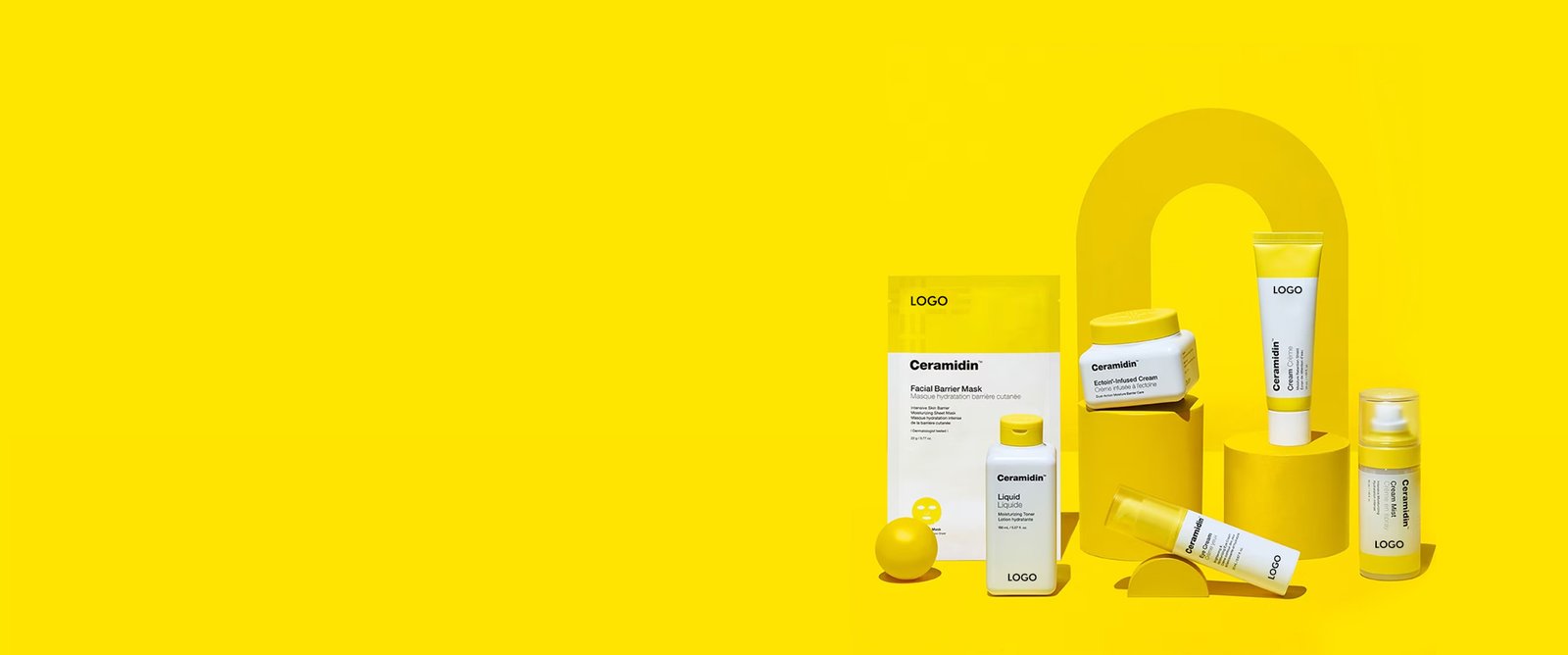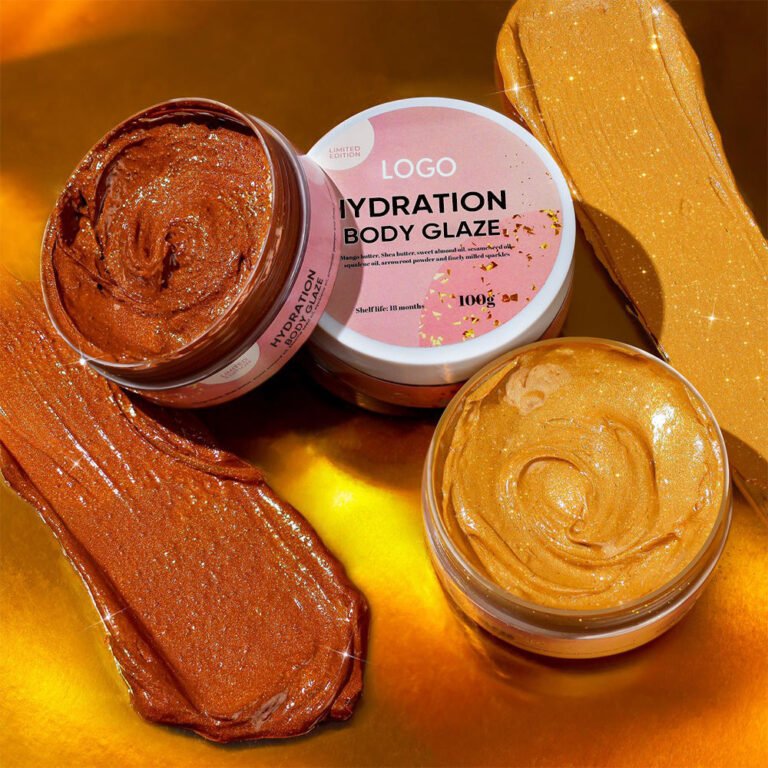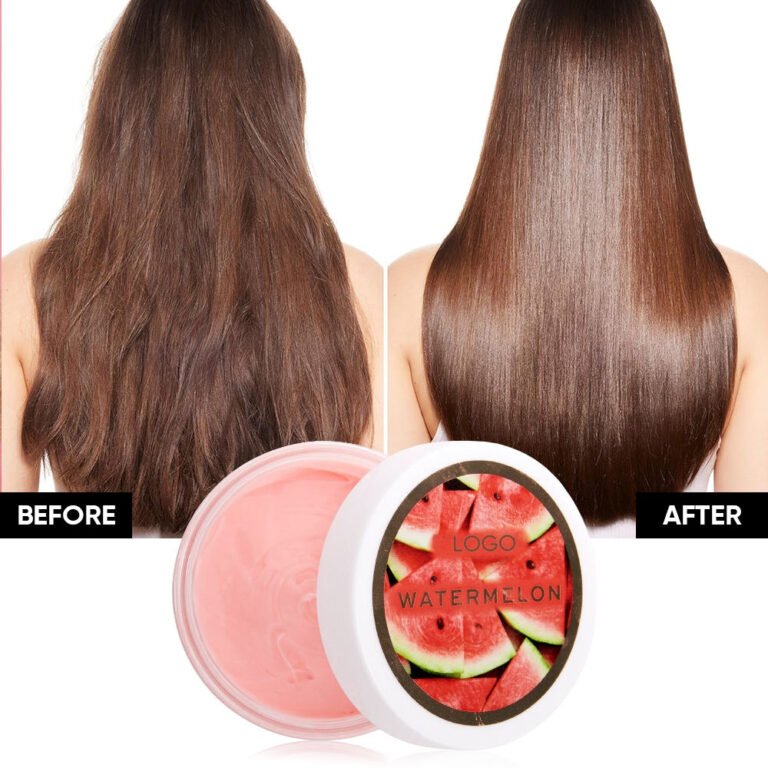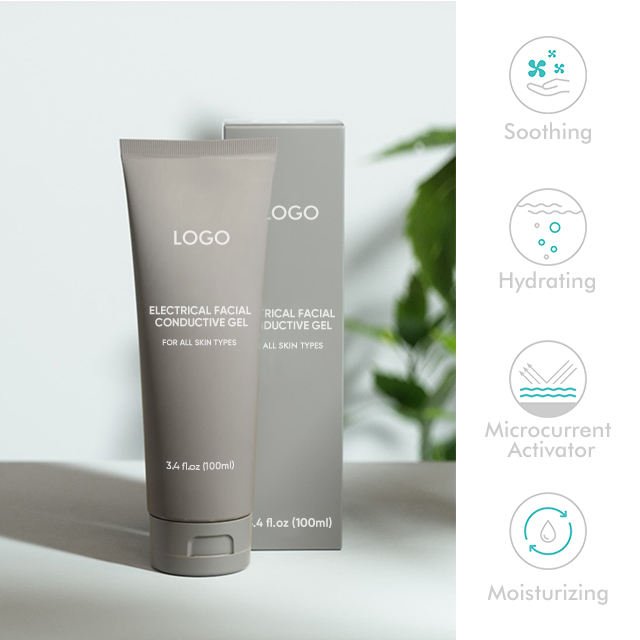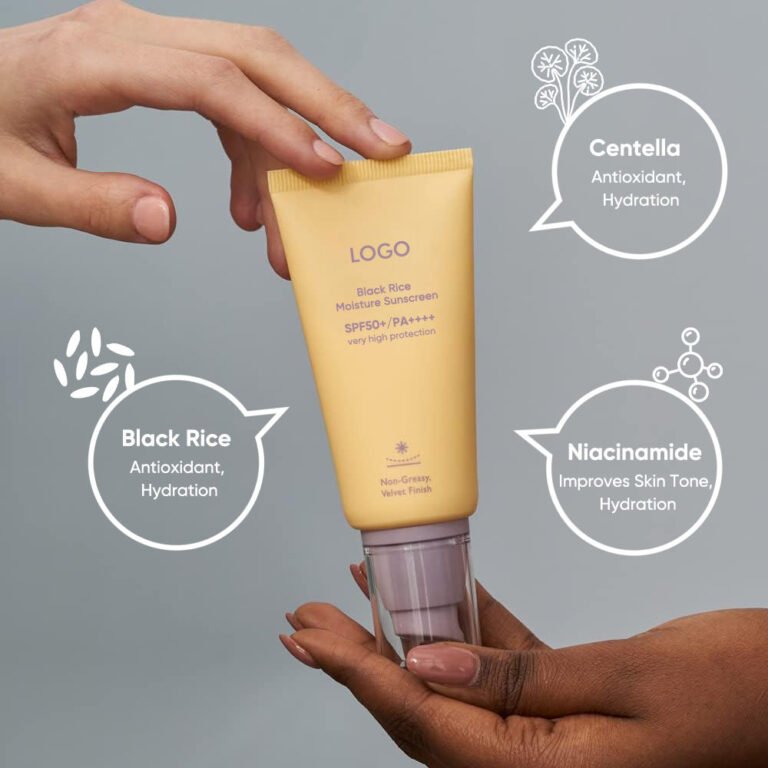How to Choose the Right OEM Cosmetic Manufacturer: 7 Key Factors Brands Often Overlook

Lehuo Technology (Guangzhou) Co., LTD
The global cosmetics OEM/ODM market is booming, projected to reach $93.6 billion by 2027 (Grand View Research). Yet, 68% of emerging brands report delays, quality issues, or compliance headaches with their first manufacturing partner. As a founder or procurement manager, how do you avoid becoming part of this statistic?
At Lehuo Technology (Guangzhou) Co., Ltd, we’ve partnered with 200+ brands across 15 countries since 2012. Based on our experience, here are the 7 non-negotiable criteria for selecting an OEM manufacturer:
1. Certifications: Beyond the Basics
✔️ Mandatory: GMP, ISO 22716 (cosmetics-specific ISO).
✔️ Competitive Edge: Look for FDA registration (for US market), Halal/Kosher (for niche markets), or Ecocert (for natural/organic lines).
Why It Matters: A manufacturer like Lehuo with 12+ certifications ensures your products meet global market entry standards before production starts.
2. R&D Capabilities: Can They Turn Ideas into Shelf-Ready Products?
Ask:
- Do they have in-house labs for stability testing, SPF verification, or preservative efficacy?
- Can they source trending ingredients (e.g., bakuchiol, CBD isolates) compliantly?
Case Study: A European startup approached Lehuo with a concept for a waterless shampoo bar. Our R&D team delivered a patented effervescent formula within 45 days, now sold in 300+ zero-waste stores.
3. Transparency in Production
🚩 Red Flags: Manufacturers who refuse factory audits or ingredient traceability reports.
✅ Lehuo’s Approach: We offer 24/7 live production monitoring via our client portal and provide batch-specific COAs (Certificates of Analysis).
4. Regulatory Navigation
A 2023 survey found that 41% of cosmetic recalls were due to labeling errors. Your OEM partner should:
- Update formulations for changing regulations (e.g., EU’s upcoming PFAS ban).
- Handle multilingual labeling (INCI, CLA, etc.).
Pro Tip: Lehuo’s compliance team conducts pre-launch audits covering EU, ASEAN, and GCC standards.
5. MOQ Flexibility
While giants like Cosmax/Kolmar often require 50,000+ units, emerging brands need partners who accommodate smaller batches.
- Lehuo’s Solution: MOQs start at 1,000 units for skincare, with modular production lines for fast SKU additions.
6. Sustainability Commitments
With 73% of Gen Z consumers willing to pay more for eco-friendly packaging (McKinsey):
- Assess their green options: PCR materials, biodegradable tubes, or refill systems.
- Ask about carbon-neutral manufacturing processes.
Our Edge: Lehuo’s solar-powered Guangzhou facility reduces CO₂ emissions by 35% vs. industry averages.
7. Cultural & Communication Alignment
A manufacturer’s responsiveness predicts 89% of project success (Cosmetic Business Report).
- Do they assign a dedicated account manager fluent in your language?
- What’s their average response time for formula adjustments?
At Lehuo: Our multilingual team (English, French, Spanish, Arabic) maintains a 4-hour response SLA.
SkincareManufacturer #PrivateLabelCosmetic #OEM #ODM #CosmeticsManufacturing #Skincare #Perfume #ChineseManufacturer #CosmeticsOEM #CleanBeautyManufacturing #USMarketEntry #CleanBeauty #SustainablePackaging #VeganSkincare #ChinaCosmeticManufacturer #OEMCosmetics #PrivateLabelSkincare #FDACosmetics #REACHCompliance #CrueltyFreeCertified
